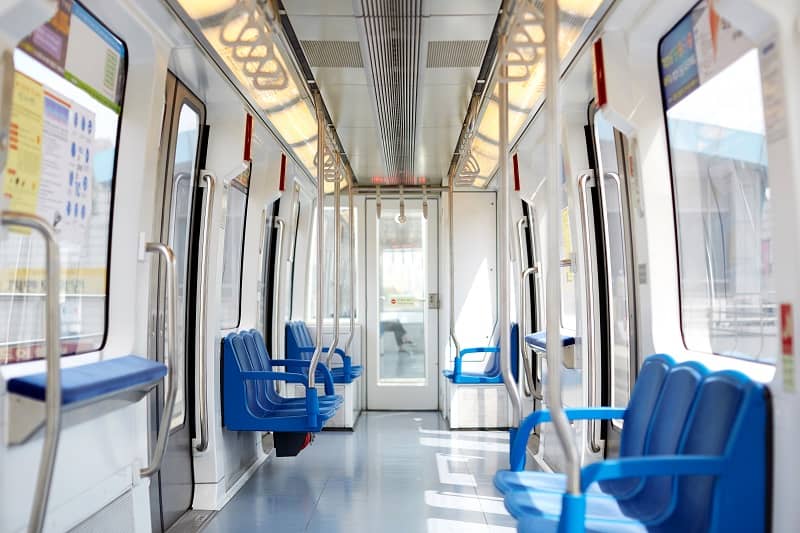

TriMet, Portland’s transit agency, is seeking authorization from the state legislature to raise the tax on workers that funds most of its general operations. But the primary reason for the tax increase request is: TriMet’s labor costs are too high.
Since 1994 salaries and wages have increased 72 percent; annual pension costs have gone up 160 percent; and health care benefits have risen 116 percent.
If these costs were the result of big ridership gains, they might be acceptable, but they’re not. Since 1971, the number of originating rides (total rides not counting transfers) on TriMet has increased 360 percent. However, operating revenue has jumped 1,323 percent and total system revenue has skyrocketed by 1,746 percent. Throwing money at the agency to date has barely increased ridership.
Riders themselves only pay 18 percent of all operations costs, the lowest level in the agency’s history.
Much of this productivity loss is the result of an expensive 1994 contract TriMet signed with the Amalgamated Transit Union. It was such a costly contract that then-TriMet chair Loren Wyss resigned in protest. In an Oregonian letter-to-the-editor Mr. Wyss wrote,”the contract just approved by Tri-Met union employees will protect all its members from additional contributions to their pensions for 10 years. It will also guarantee 3 percent minimum wage increases in the future … every single dollar of health, welfare, dental and vision plans will be paid for by the public employer; [and] retirement age will decline to 58 within 10 years…”
TriMet’s financial house is out of control. Its labor contracts are not sustainable. The legislature should reject TriMet’s request for a tax increase.
© 2006, Cascade Policy Institute. All rights reserved. Permission to reprint in whole or in part is hereby granted, provided the author and Cascade Policy Institute are cited. Contact Cascade at (503) 242-0900 to arrange print or broadcast interviews on this topic. For more topics visit the QuickPoint! archive.











